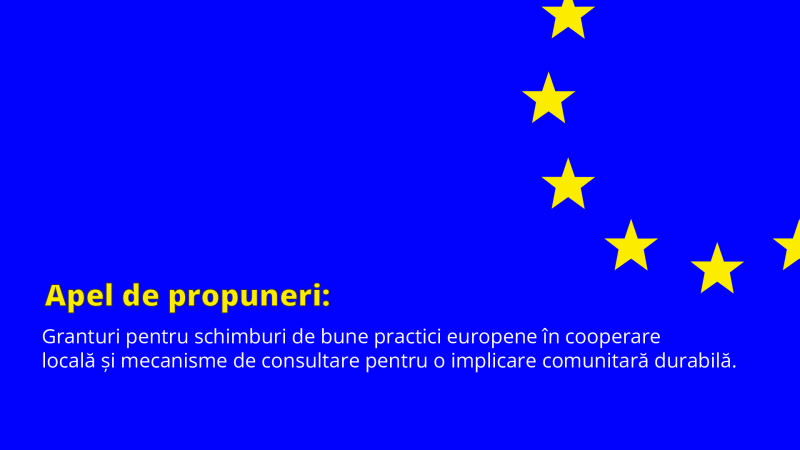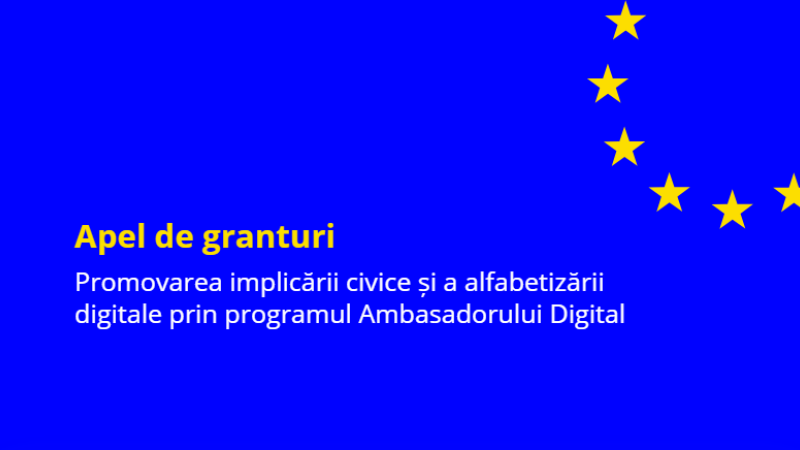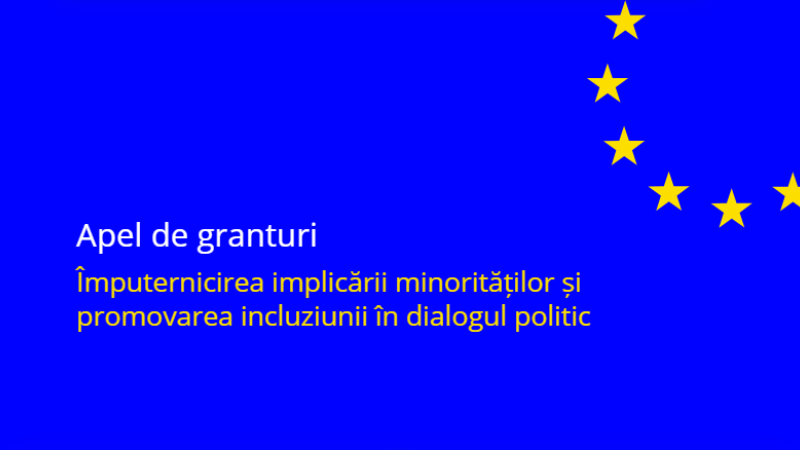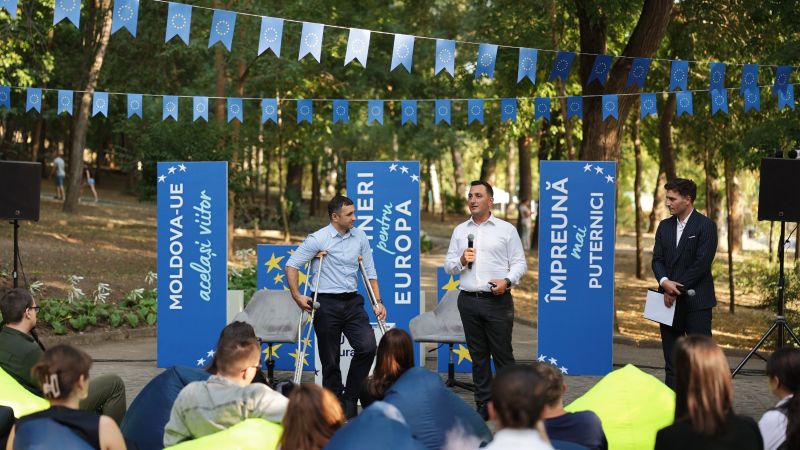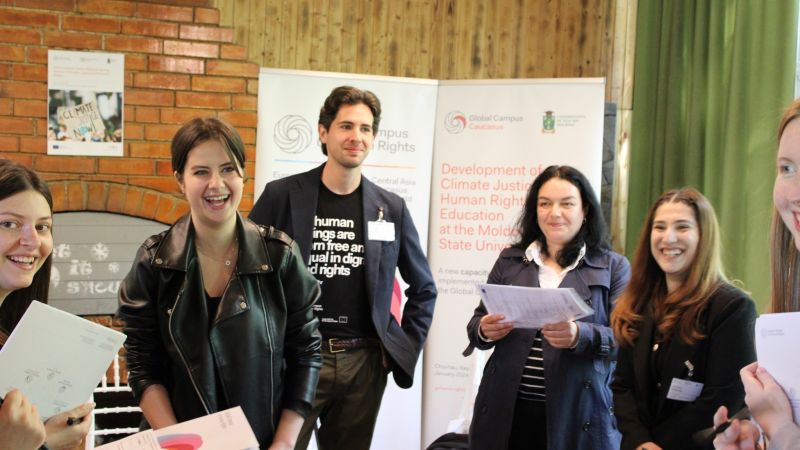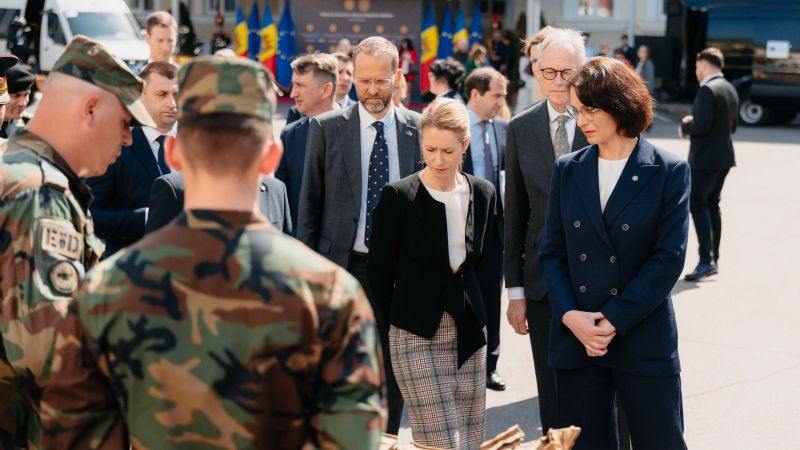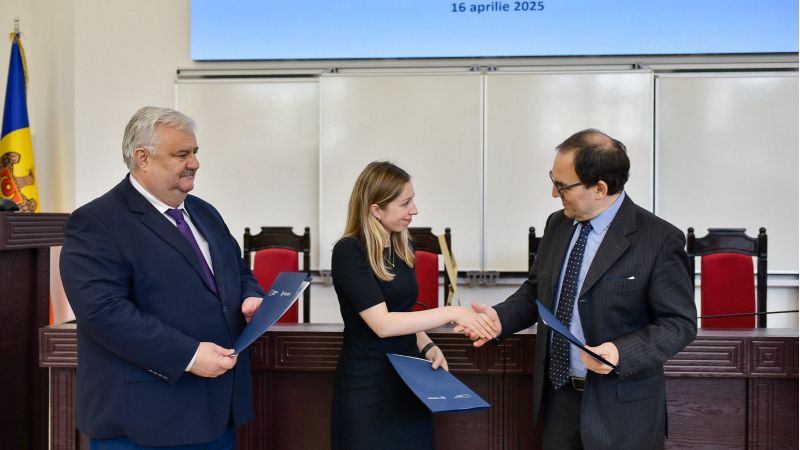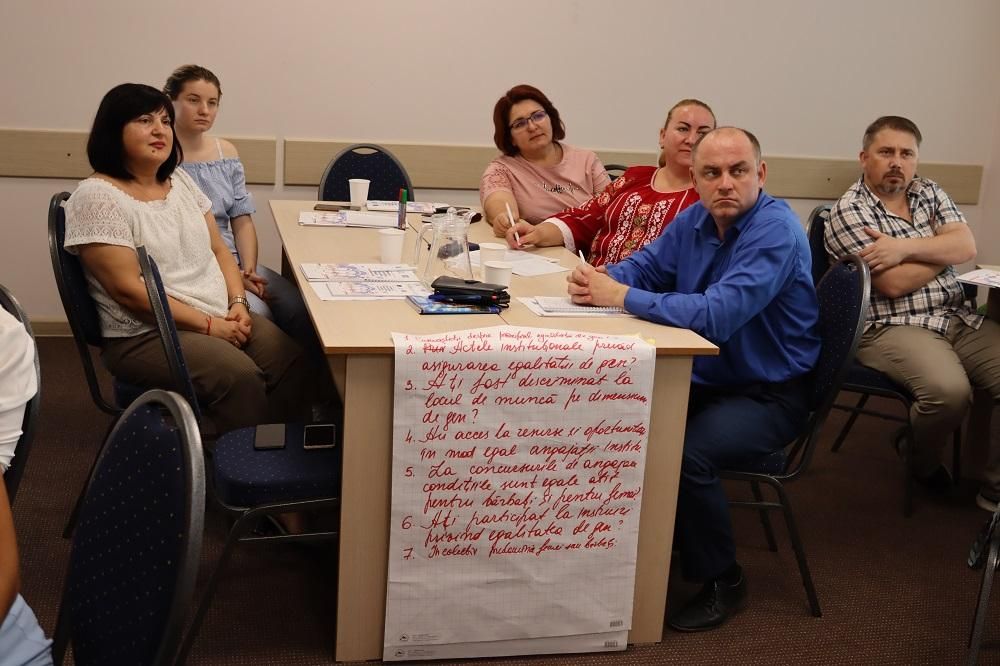
Politici prietenoase cu egalitatea de șanse între femei și bărbați – instruirea stakeholderilor relevanți, organizată cu sprijinul UE
În raioanele Strășeni, Rezina, Telenești și Ialoveni urmează în scurt timp să fie realizate audituri de gen ale politicilor publice și elaborate planuri de acțiuni pentru asigurarea egalității de gen. Acțiunile sunt necesare pentru a elimina stereotipurile de gen din strategiile și politicile de la nivel local și național.
Pe parcursul lunii august, 180 de reprezentanți și reprezentante ale autorităților publice locale și societății civile de nivel local și național au fost instruiți cum să se implice în procesele de elaborare, realizare și monitorizare a politicilor publice din perspectiva de gen, inclusiv în consultarea proiectelor și documentelor de politici, urmărind ca acestea să reflecte interesele și necesitățile specifice ale tuturor locuitorilor comunității: femei, bărbați, vârstnici, copii, persoane cu dizabilități etc. În scurt timp, vom pune la dispoziția participanților un ghid practic în care vor fi enumerați pașii ce trebuie să-i urmeze în procesul realizării auditului de gen.
Inițiativa este parte a proiectului „Parteneriate pentru liderismul femeilor și bună guvernare”, implementat de Fundația „Friedrich Ebert” Moldova și AO „Institutum Virtutes Civilis”, cu suportul financiar al Uniunii Europene și Fundației „Friedrich Ebert”.
În discursul de la începutul instruirii, președinta AO „Institutum Virtutes Civilis”, Liliana Palihovici, a atras atenția că inegalităților de gen li se acordă prea puțină atenție la etapa elaborării politicilor publice, precum și la cea a bugetării resurselor financiare necesare. Tocmai din acest motiv este de datoria autorităților locale și a societății civilie să schimbe lucrurile în bine, în primul rând promovând și realizând politici sensibile din această perspectivă. Inga Iovu, coordonatoarea proiectului „Parteneriate pentru liderismul femeilor și buna guvernare” și-a exprimat speranța că informațiile pe care le-au obținut participanții vor contribui la realizarea în viitor a unor politici publice ce vor răspunde așteptărilor și nevoilor tuturor cetățenilor. „Însuși faptul că ați găsit timp să veniți astăzi aici pentru a înțelege ce reprezintă un proces de audit de gen și cum poate acesta să îmbunătățească politicile publice, demonstrează că în următoarele luni, când vom aplica în practică acest exercițiu, vom putea miza pe echipe motivate și puternice. Iar cu echipe bune nu putem da greș”, a punctat Inga Iovu.
Igor P. este consilier în orașul Ialoveni. El salută inițiativele ce au drept scop îmbunătățirea nivelului de trai pentru cetățenii din teritoriu. Admite însă că sprijinul local trebuie să fie susținut și de autoritățile centrale. „Este important ca toate cunoștințele pe care le-am obținut în aceste zile să se transforme în inițiative reale, să nu rămână doar pe hârtie. Ne vom strădui să elaborăm mecanisme clare, prin care să punem în aplicare bunele practici privind egalitatea de gen”, a dat asigurări Igor Plămădeală.
În opinia Zinaidei M., din Verejeni, Telenești, o bună parte din administrațiile publice locale din țară nu cunosc cum pot încadra dimensiunea de gen în strategiile și politicile pe care le realizează. „Este important ca atunci când elaborăm documente să ne gândim la beneficiarul final – cetățeanul. Or, cetățenii sunt foarte diferiți și au necesități diferite. Vorbim de familii monoparentale, de persoane cu dizabilități, de vârstnici. Dacă tot mergem pe calea europeană de dezvoltare, este bine să învățăm să respectăm drepturile tuturor oamenilor din comunitate”, crede Zinaida Mândru.
Instruirile la care au participat cei 180 de reprezentanți și reprezentante ale autorităților publice locale și societății civile de nivel local și național sunt parte a unui program de dezvoltare a capacităților în realizarea auditului de gen și elaborarea planului de acțiuni pentru asigurarea egalității de gen în localitățile din raioanele Strășeni, Rezina, Telenești și Ialoveni, organizat în cadrul proiectului „Parteneriate pentru liderismul femeilor și bună guvernare”, implementat de Fundația „Friedrich Ebert” Moldova și AO „Institutum Virtutes Civilis”, cu suportul financiar al Uniunii Europene și Fundației „Friedrich Ebert”.
